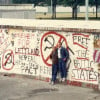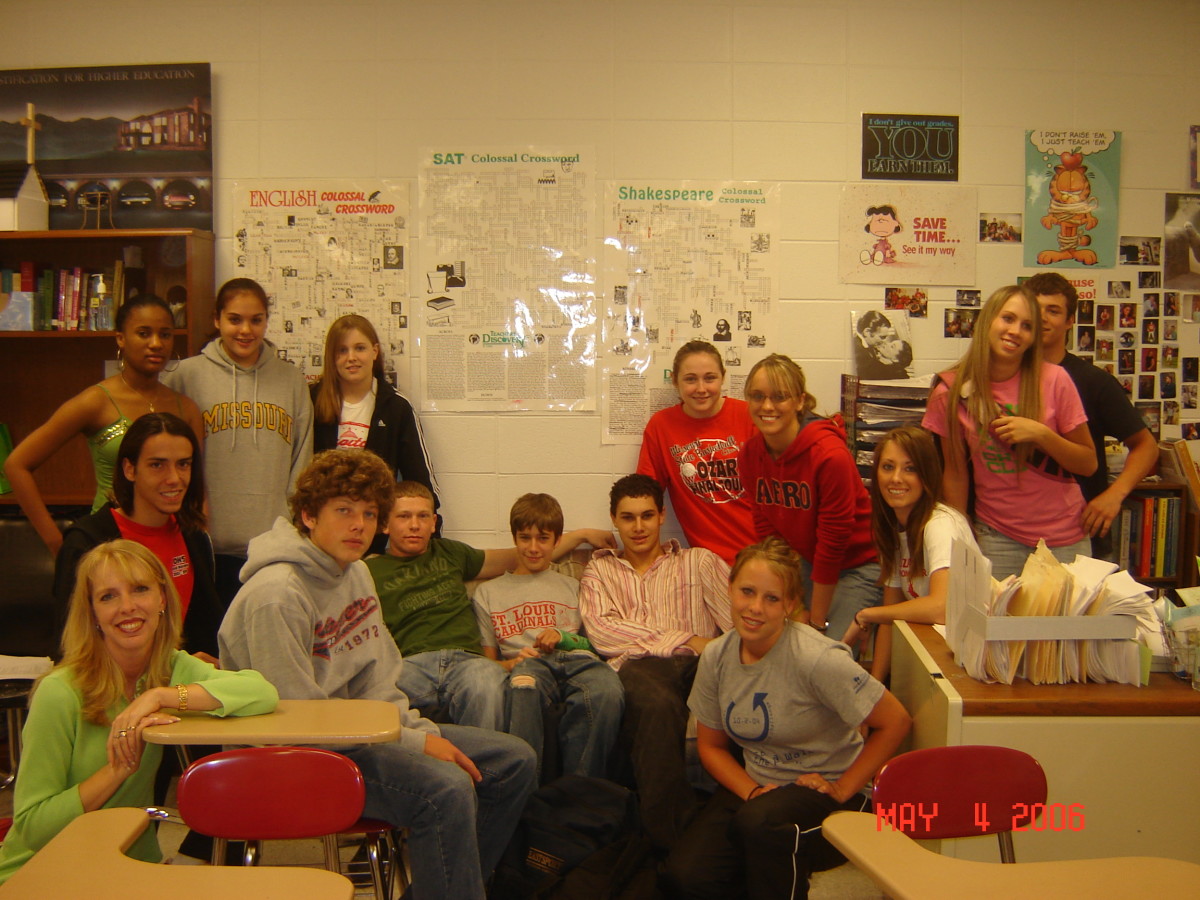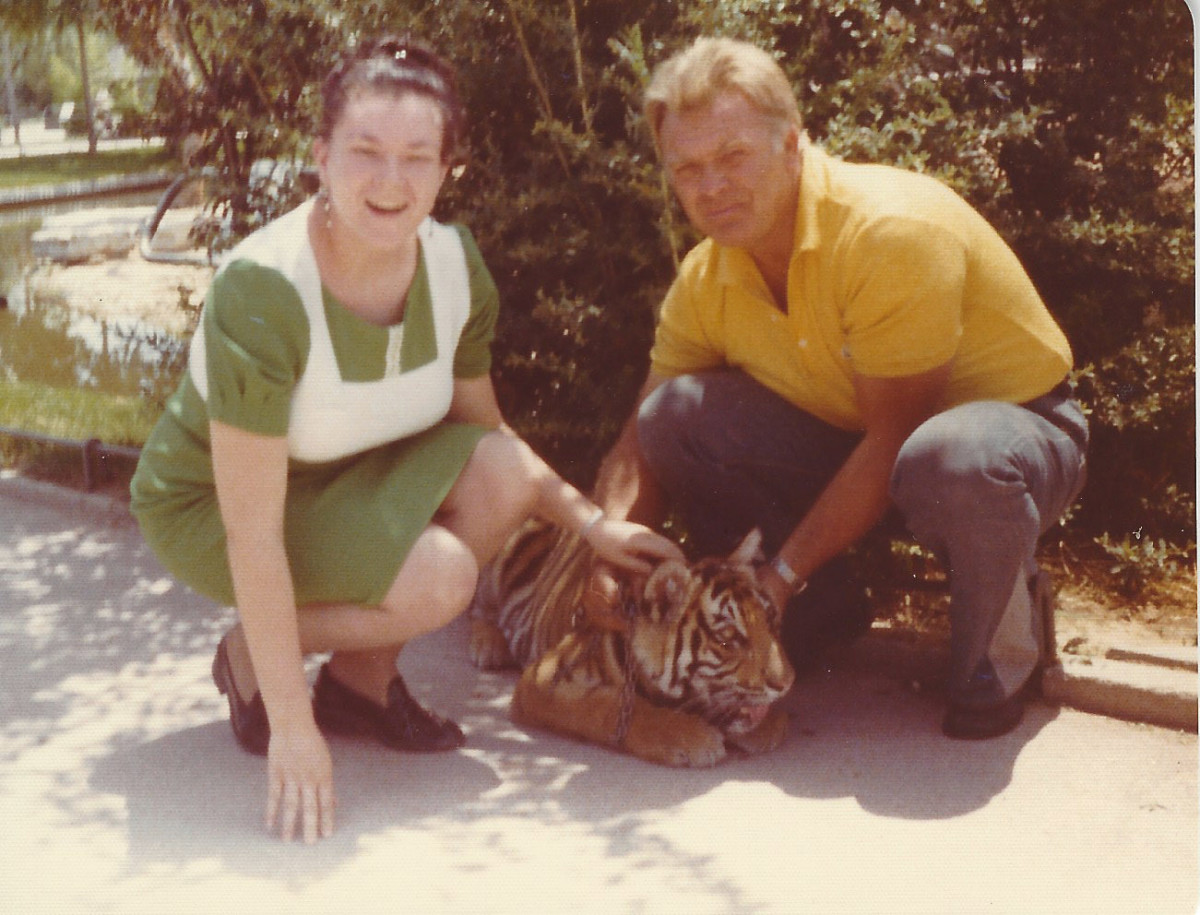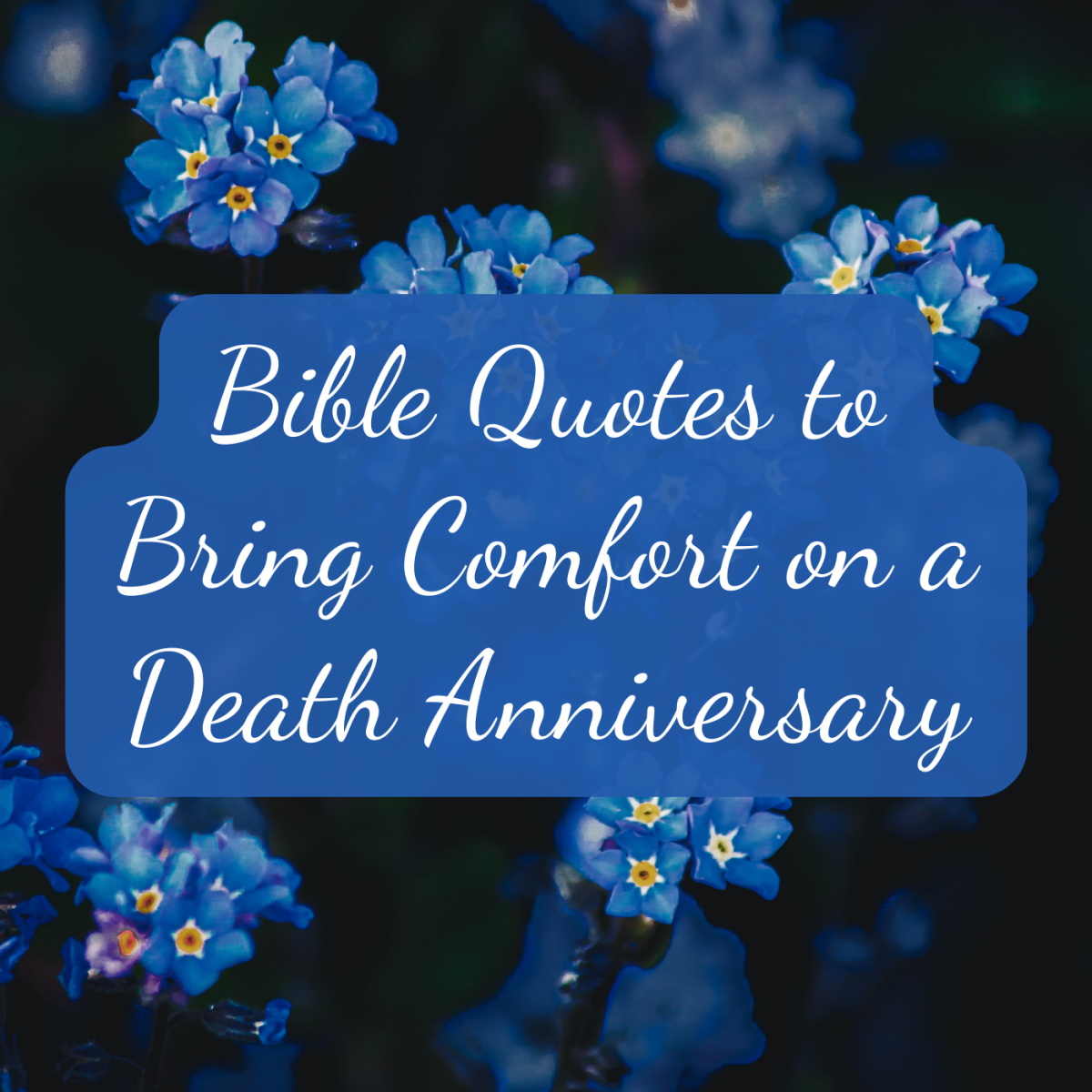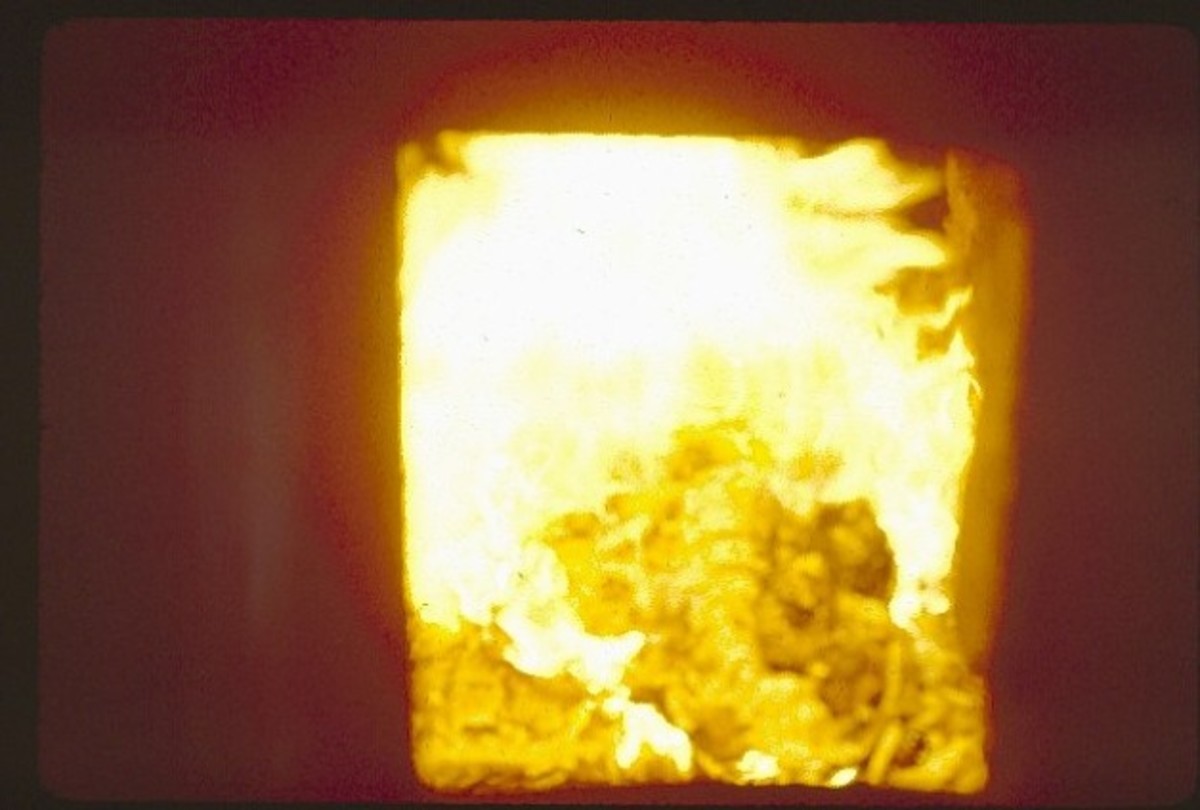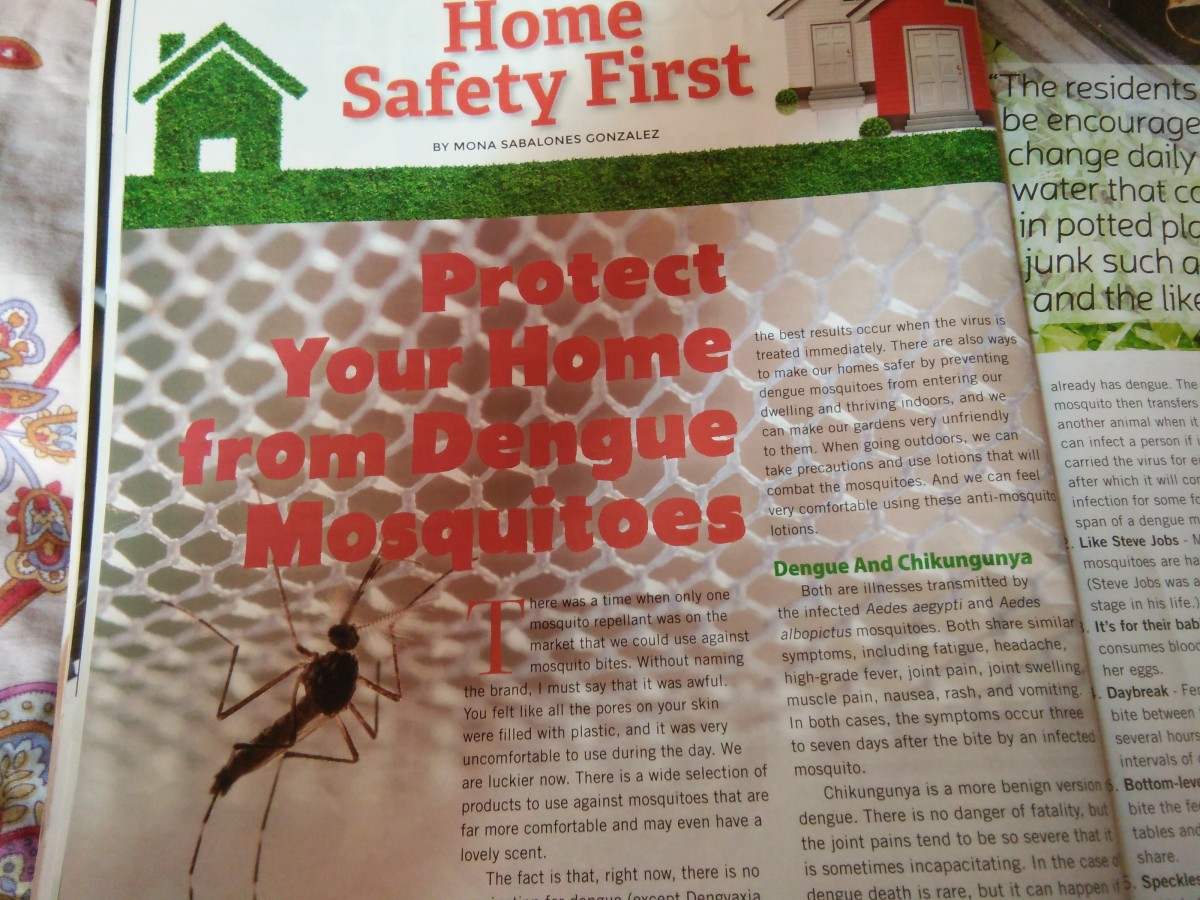Using Humor to Cope with the Death of my Mother
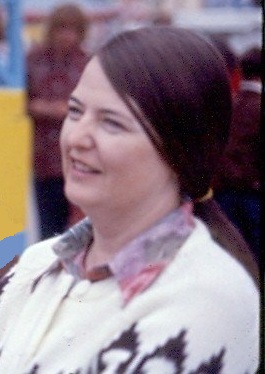
How humor helped me not only heal, but move on.
On 03 October 1984, my mother succumbed to complications due to a massive brain tumor. Officially she had an astrocytoma, but as her eight year old son, I only knew she was really ill. My parents explained to all five of their children the seriousness of the impending operation, which I hoped would remove the tumor. Her operation took place during Christmas of 1977. She died five years later, on a Wednesday night, while I was away playing the trumpet for a high school football game.
When my father picked me up from the high school after the game, I asked if I might take a friend home. My father got out of the car, looked at his right front tire and kicked it, turned to us and said, "Sorry, but I’m afraid that tire is pretty bald and might blow. I really need to get us home." I didn’t catch on, but as soon as we got in the car, he turned to me and said, "The tire is fine. Mom died tonight. I didn’t want to give him a ride." After a lengthy pause and a few more miles closer to home, he quietly stated, "It’s okay to cry." "I know," I responded. But I had no desire to cry. Over the last five years I had cried enough. It was almost a release that I felt, but as a teenager of fourteen at the time of her death, I am still not sure what it was I felt.
The comic and the tragic lie inseparably close, like light and shadow.
~ Socrates
I walked into our home and headed upstairs to my mother’s bed. My father walked in with me and we talked a little, and he asked if I wanted to be left alone. I nodded and he walked out. I held my mother’s hand, and quietly said goodbye. I can still see that moment almost perfectly.
Heading back downstairs, my father was on the phone with Dona, a German professor in Texas who allowed me to spend three weeks with her on my last vacation. We talked and she told me that my mother was a special woman and she hoped that I was doing well. I went to the sofa and fell fast asleep. I do not remember the ambulance arriving nor anyone removing my mother from the house. I awoke only when my two brothers arrived from Greeley, where they attended college at the University of Northern Colorado.
The next morning, my father took me to school to wrap up my semester. A sophomore at Columbine Senior High School, we were on a year-round system, and although it was early October, my courses were coming to end and finals were coincidently the next day. My father explained to the counselor what happened and as I went from classroom to classroom, each teacher gave me some form of assessment. For some inexplicable reason, my history teacher demanded that I attend the final at the prescribed time and he refused to give me an exam early. Obviously I did not attend school that Friday, and it was the only "D" I received that grading period. That class is still one of the best classes I ever had in high school! As a result, I have become a much more tolerant teacher today than he ever was.
My sister flew in from Phoenix and we picked her up at the airport. All six of us were driving together to North Dakota, where my mother was to be buried. My father had procured his boss’ van, and driving north together we reminisced about our mother and told our favorite stories. Like all families, we talked of those stories we knew intimately; Mark being blamed for the chocolate on the ceiling, Dave making me laugh so hard as a kid I snorted green Koolaid and chicken noodle soup out of my nose, Steve’s constant female companions in high school and Kathy’s stories from her childhood in South Dakota. The drive was pleasant, and memorable.
When we arrived in North Dakota, it seemed that the entire town of Linton came out to see us. Plates of food and desserts piled up at my grandmother’s home as people came to pay their respects. I became frustrated after hearing for the umpteenth time, "She’s in a better place!" At fourteen years of age, I certainly didn’t think she was in a better place! Mark came out to talk to me on the back porch and did what he does best; he listened.
The priest came over and talked to my father, who made all the arrangements. My father seemed especially stoic, but this was to be expected. However, things seemed to get heated as my father made a few odd requests and the priest was not especially receptive to them. Dad asked us all if we wanted to have a private viewing before the rest of the visitors and family and I loudly proclaimed, "Yes!" I just wanted another chance to be alone with my immediate family to say goodbye. That was important to me.
More hubs on how humor contributes to healing
One of those odd requests my father had made was for the priest to make a slight joke during the service. Our mother always had a great sense of humor, and this would be a loving tribute. During the service, I could not stop coughing. Someone handed me a cough drop, but that just seemed to make things worse. No matter how hard I tried to suppress it, the tickle at the back of my throat kept me coughing. Finally, the priest said a prayer and finished it with, "and please help Greg stop coughing." We all got a little giggle smile out of that.
But the biggest problem between the priest and my father was that during the internment we wanted to stay for the actual burial. Most people go to the site, have a prayer and say goodbye, but it was very important to us to see to coffin descend into the ground. For me, it signified the finality and reality of death. I wanted this more than anything. And the priest seemingly had a problem with it, but he did allow it.
The cool October weather in North Dakota produced an overcast day with cold mist. The ground was wet and within ten minutes of being outside, we were too. As my mother’s coffin lay on the two straps that would lower her into the grave, two workers came over and started to loosen the contraption that holds the straps in place. One strap was slowly released, but the other strap jammed, and as a result the forward side of the coffin started to drop earthward. As the coffin became more and more tilted, the men started to jerk and hammer the winch loose. The more the men fiddled with the tangled strap, the more disconcerted the priest became. He walked all over the graveyard, moving between consoling us, assisting the workers and willing everything to work out, but he simply could not control his anxiety. Every minute longer he became visibily more anxious. On his last trip to check on the workers, sure enough, he slipped in the mud and his foot shot out from under him as it slipped into the grave. He landed right on the edge of the grave with his knee with a thump, reflexively grabbing the coffin for support. Helped out of his predicament, I noticed he had mud streaked down his chasuble.
As the tears streaked down my face, the mist clouding my glasses, a smile broke out across my face and I burst out laughing. All I could think was, "Mom would find that absolutely hilarious!" I looked around and noticed I was not the only one with a silly grin on his face.
Eventually the men got the contraption to work and my mother was gently lowered into her grave. I removed the rose off of my suit jacket, grabbed a handful of dirt, and threw it all in on top of the coffin. I said my final goodbye.
We all stepped into the van, where my father asked Mark to drive for him. It was one of the only times I’ve ever seen him cry. We went to a banquet hall and celebrated life, having a nice party with lots of great food and drink. Life moved forward.
Every time I think of my mother, I have to laugh at the priest who stumbled and fell into her grave. It reminds me to enjoy every day and to always find something at which to laugh.
I still miss you.
